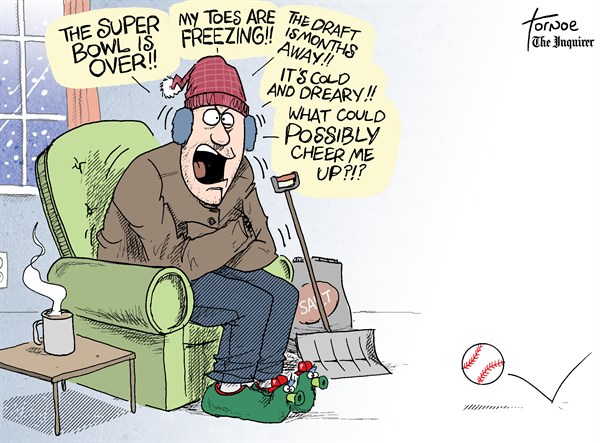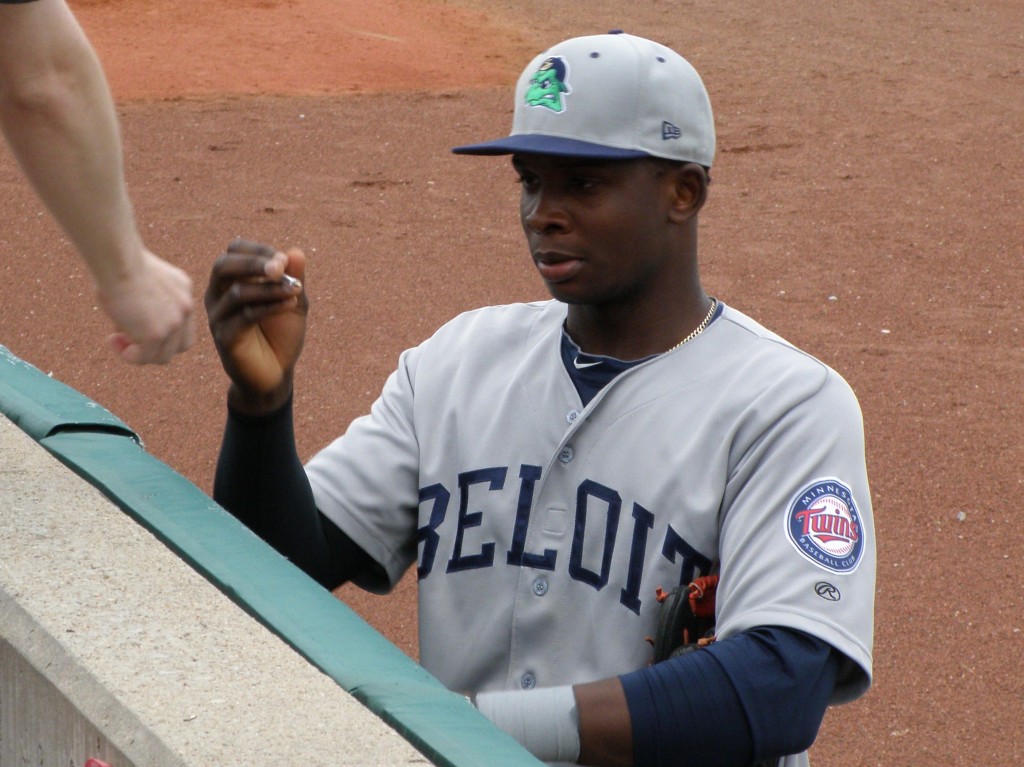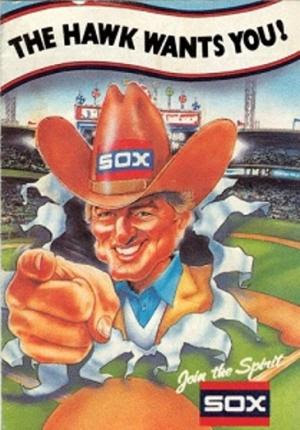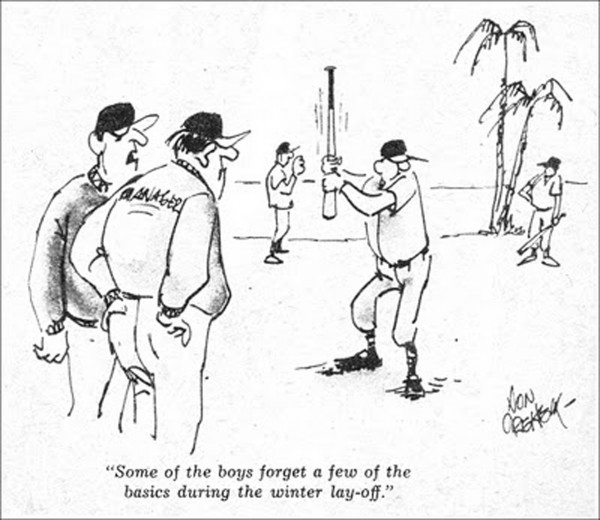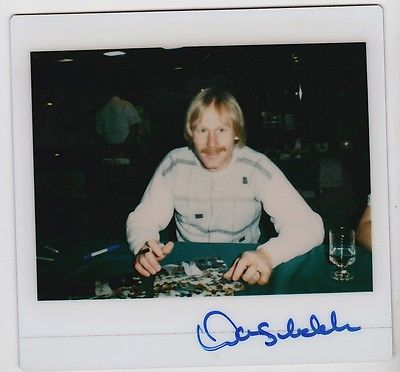I haven’t written much lately. Honestly, I haven’t even read much lately. Not about baseball, anyway. There just isn’t much going on that I’m particularly interested in. Sure, spring training has started, but they haven’t even started playing spring training games, yet, so there just isn’t much going on to capture my interest.
I’m pretty sure I’ll get more interested when the Grapefruit League games get underway. I guarantee I’ll be more than casually interested a month from now when I’ll be actually on site at the Twins’ training complex in Fort Myers.
However, for the past couple of weeks, it’s been really hard for anything baseball-related to capture my interest; difficult, but not impossible.
The story that broke a couple of weeks ago about three former minor league ballplayers filing suit against MLB, the office of the Commissioner, Commissioner Bug Selig and the three MLB organizations that owned their rights interests me.
There were several stories written about the filing, but if you didn’t happen to see any of them, this article from BleacherReport was one of the more thorough articles and former ballplayer (and author) Dirk Hayhurst had a pretty blunt take on the topic, as well.
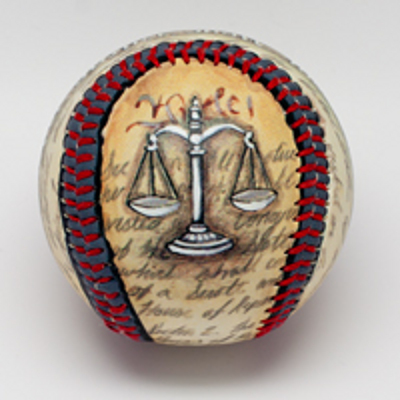 I know it’s hard for some of us to even fathom how guys who have the talent to play a game we love at a professional level… who have the opportunity to live a dream that so many of us can only imagine getting to live… could possibly not only complain about their working conditions, but even have the gall to file a lawsuit over those conditions.
I know it’s hard for some of us to even fathom how guys who have the talent to play a game we love at a professional level… who have the opportunity to live a dream that so many of us can only imagine getting to live… could possibly not only complain about their working conditions, but even have the gall to file a lawsuit over those conditions.
It’s a cliché you hear often. “I loved baseball so much, I’d have played for free.” Given that so many fans feel that way, it’s pretty tough for us to empathize with these players who dare to clog our court system with a lawsuit that seemingly has little chance of success.
But saying you would have played the game for free and actually doing it for nearly exactly that amount of compensation are two very different things.
The attention fans play to their favorite team’s minor league organization seems to grow every season. Even so, the percentage of baseball fans who give minor leaguers even a casual thought during the summer is pretty small.
Those that do follow the minor leagues focus most of their attention on the early round draft picks and the big money international free agent signings. Those players get signing bonuses in the millions of dollars, so it would be pretty easy for us to just assume that most minor league ballplayers are pretty comfortable financially.
But we would be wrong.
Yes, if you’re among the first 50 or so players selected in the annual first year player draft, you’re likely to pocket a signing bonus upwards of a million dollars. But that’s not even the full first two rounds of a draft that goes on for a total of 40 rounds.
It’s pretty safe to say that most minor league ballplayers are not concerned about who is watching over their investment portfolios. Their “portfolio” can be stashed in to the trunk or back seat of a car they hope will keep running for another year.
Last year, the first year minor league player salary was $1,150 a month and that’s only for the handful of months during the year that they’re actually playing minor league baseball. That’s also before taxes, before food and housing costs. A player reaching AAA might double that salary. Whoopee, huh?
Just to be clear, it’s not the local minor league organization that pays the players, it’s the parent MLB organization that is responsible for minor league payrolls. In fact, some minor league clubs (including the Twins’ Class A affiliate in Cedar Rapids) arrange host families for players to live with to eliminate the cost of housing during their time with the local ballclub. But not every player across the country has that option.
The players probably should splurge on some insurance, too, because they pretty much have no protection if they happen to incur an injury that precludes them from working. Good thing their work doesn’t often result in that kind of injury, right?
Obviously, they need to get other jobs during the offseason. Of course, for some of them, there is no offseason. Their teams want them playing winter baseball somewhere. They want them to show up for offseason workouts, “fanfests” and other events. At the very least, they have to work out daily to make sure they’re ready to compete for a roster spot in spring training (which, by the way, they don’t get paid for, either).
It takes a pretty understanding employer to hire a guy that has that many demands on his time and will just be leaving in a few months, anyway. But I’m sure there are plenty of those jobs available.
“But wait,” you say. “Don’t those professional baseball players have a union?”
Yes and no. For minor leaguers, it’s mostly no and they’d be better off if it was totally no.
There is a union; the Major League Baseball Players Association. However, the MLBPA’s sole use for minor leaguers appears to be to screw them over any time they can do so as a part of trade-offs to get something better for Major League players.
See, the MLBPA limits its membership to Major League ballplayers. But, for reasons that nobody has ever been able to explain to me in any way that makes sense, the MLBPA is allowed, as part of the collective bargaining process, to negotiate the compensation and working conditions of minor league players, as well.
Isn’t that convenient?
So, if the MLBPA can get a little bit more for the millionaires it represents by allowing teams to implement lower bonus allowances for new draft picks or control their minor leaguers an extra year before they are entitled to free agency, no problem.
Even the drug testing program is uneven, at best. For example, once you’re on a Big League roster, you can test positive for pot regularly and chances are nobody will ever know, because there are no real consequences. If you’re a minor leaguer when you test positive twice, however, plan on sitting out a couple of months’ worth of games… without even that meager minor league paycheck to buy those Pringles chips you have to live on.
But if conditions are so bad, why have minor leaguers never unionized?
The obvious reason is that minor league players all dream of being Major League players and doing anything to antagonize the people who decide which players will and won’t become big leaguers is probably not a wise career move. And if players with U.S. high school and college educations fear challenging baseball’s power, how likely is it that even younger men (boys, really) from impoverished regions of Latin America will do so?
No, since even the Major League players that endured the same conditions on their way to the big leagues have long ago decided they have no interest in making life the least bit easier for the younger players coming up behind them to challenge for their jobs, there’s almost no chance of minor leaguers ever benefiting from collective bargaining. The best they can hope for is for the courts to determine that they should at least not keep getting screwed over by someone else’s collective bargaining.
I’m not a labor lawyer (or a lawyer of any kind, for that matter), so I won’t opine about the chances of success for the plaintiff ballplayers in the suit they’ve filed in a Northern California court.
They claim teams are violating federal and state employment laws. I would imagine that players often work more than 50 hours a week and they are not paid overtime. At many minor league levels, the players are arguably being paid less than minimum wage on an hourly basis.
Logically, I think most of us know that these players are being exploited unfairly. We know the system is wrong. But the people who would benefit from righting that wrong have no power to change things and the people who do have that power benefit the most from keeping the status quo. And unless MLB concludes it is in their own financial best interests to make changes, changes may not happen for a very long time, if ever.
Things could be worse for these young men, though.
What if remarkable athletes like these players got paid nothing at all? What if they weren’t even allowed to accept help from host families and other fans? What if they weren’t allowed to work other jobs to make ends meet?
Those are silly questions, of course. If all of those things were true, these players wouldn’t be working under the rules of minor league professional baseball.
They’d be working under the rules of the NCAA.
But that’s another rant… and another legal matter (or matters)… for another day.
Of course, given the rediculous NCAA restrictions college ballplayers lived under, maybe it’s understandable if they think getting $5-6,000 a year to play minor league baseball is a good deal.
It doesn’t make it right, though.
– JC


